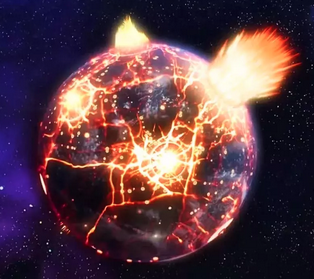I think something like the Commodore PET might qualify. Back in the day, I saw it used for everything from cash registers to accountants’ workstations, but rarely for anything else.
I think that the original IBM PC was conceived and marketed as a business machine and only grew beyond that because of Microsoft’s deep commitment to it as a platform and IBM’s uncharacteristicly open specifications and design.
If not for that combination, the PC might never have left the office and most of us would have stuck with the companies who were actually breaking new ground, Apple and Commodore.








Me too, on the VIC-20.